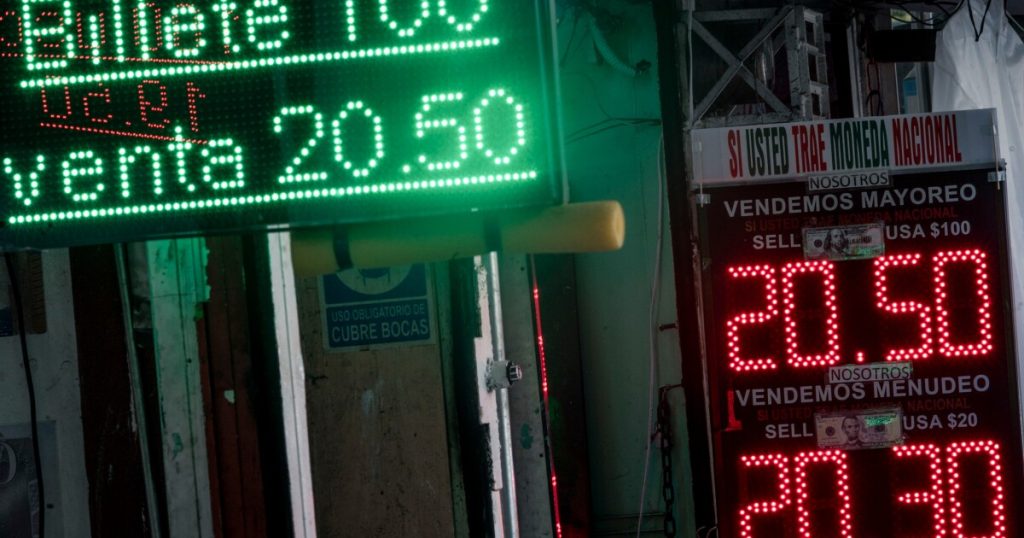The Financial Crimes Enforcement Network (FinCEN) will require money services businesses (MSBs) near the U.S.-Mexico border to report smaller cash transactions to the government, lowering the threshold from $10,000 to $200.
FinCEN, which is an agency of the Department of the Treasury, issued the order Tuesday as part of an effort to combat drug trafficking on the southwest border,
The total population of the covered ZIP codes is roughly 1.3 million, according to Census data. These ZIP codes border Mexican cities including Tijuana, Mexicali and Ciudad Juárez.
The lower threshold and expanded identity requirements will likely make it more difficult to cash checks, exchange currencies and make other transactions in these U.S. areas.
The order is set to go into effect 30 days after it is published in the Federal Register. The Federal Register typically publishes a rule within a few days of an agency announcing it.
A trade association that represents MSBs responded to the order by requesting that FinCEN reconsider or re-evaluate the scope and threshold of the order.
While the Money Service Business Association (MSBA) supports FinCEN’s stated policy goal of supporting law enforcement investigations into fentanyl sales and distribution with actionable information, the agency’s move will result in BSA compliance resources being “allocated without regard to risk,” and could result in MSBs exiting the targeted zip codes, according to the association’s executive director, Kathy Tomasofsky
“The MSBA believes that FinCEN underestimates the burden imposed by the information collection and processing that the GTO will generate,” Tomasofsky told American Banker in an emailed statement.
MSBs are non-bank financial services companies that provide a variety of financial services but typically focus on transmitting money across borders, exchanging currencies and cashing checks. These businesses are an alternative to banking services for unbanked and underbanked consumers.
To file a CTR, a company must get the Social Security or taxpayer identification number of the customer. They must also verify their identity with a driver’s license, passport, alien identification card or similar official documentation.
The combined impact of these requirements are such that anyone in the 30 ZIP codes hoping to cash a check, exchange currencies or send money across the border will need to present a form of identification to do so, and the transaction will be reported to the Treasury.
The order also noted the thresholds for reporting suspicious activity reports (SARs). A business must file a suspicious activity report (SAR) if a transaction of $2,000 or more appears suspicious. Businesses can be held liable for failing to report such transactions.
The order released Tuesday requests that businesses voluntarily file SARs for smaller transactions, including those that appear to evade the $200 threshold for a CTR, but the $2,000 threshold for mandatory reporting will not change.
The order is enabled by part of the Bank Secrecy Act that gives the Secretary of the Treasury broad authority to subject financial institutions to additional reporting and recordkeeping requirements beyond those prescribed by the law, so long as the secretary has “reasonable grounds” for doing so.
The order cites this language, asserting that reasonable grounds indeed exist for targeting the specific ZIP codes listed in the order as a part of the Treasury’s efforts “to combat illicit finance by drug cartels and other illicit actors along the southwest border of the United States.”

